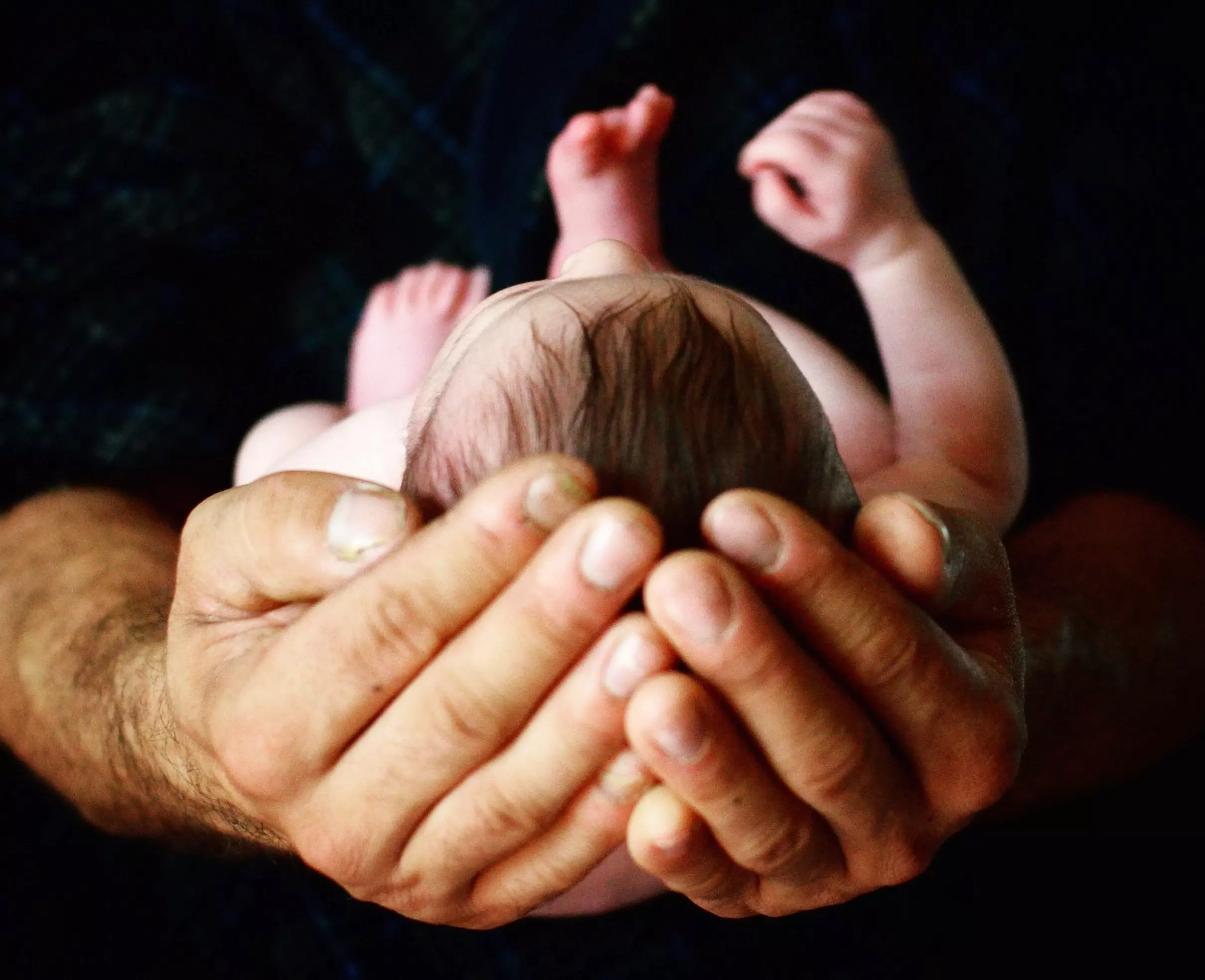After a back and forth legal battle spanning over a year Tennessee can protect babies from being aborted due to sex, race, or Down syndrome diagnosis, the U.S. Sixth Circuit Court of Appeals ruled in a decision handed down Wednesday. The state is also one step closer to also having its heartbeat ban reinstated.
The law
On July 13, 2020, Governor Bill Lee signed the Tennessee Heartbeat law, with the signing broadcast via Facebook live, noting the state has the “responsibility to protect the most vulnerable in our community.”
[Click here to subscribe to Pregnancy Help News!]
The Tennessee Heartbeat law is broken into two major sections dubbed the “pre-viability bans” and the “reason bans” by the Sixth Circuit Court.
The “pre-viability bans” would take effect in a cascading manner, with the only exception being abortions performed in the event of a maternal medical emergency.
For example, the Heartbeat law prohibits a person from performing or attempting to perform an abortion once a fetal heartbeat is detected, or at 6 weeks gestation, whichever comes first.
However, if that part of the law is not found to be constitutional, the law states the cut-off limit should be 8 weeks gestation. But if the 8-week limit is found to be unconstitutional, the limit shall be 10 weeks and so forth, with the limits cascading down to 12, 15, 18, 20, 21, 22, 23, or 24 weeks. Anyone found in violation of this section of the law would face a Class C felony.
The “reason bans” help prevent discrimination and prohibit women from acquiring abortions for the reason of the baby’s sex, race, or Down syndrome diagnosis.
The legislation was praised as one of the strongest pro-life laws in the nation by many, but opponents deemed it unconstitutional, claiming it places an undue burden on access to abortion.
Tweet This: After a year-plus legal battle Tennessee can protect babies from being aborted due to sex, race, or Down syndrome diagnosis
The legal battle
Shockingly, less than an hour after the heartbeat law was signed, U.S. District Judge for the Middle District of Tennessee William L. Campbell issued a temporary restraining order blocking the law from taking effect.
In September 2021, a three-judge panel from the U.S. Court of Appeals for the Sixth Circuit upheld the decision to block the law.
However, on December 1, 2021, the same day the U.S. Supreme Court heard oral arguments in the case of Dobbs v. Jackson Women's Health Organization, the U.S. Court of Appeals for the Sixth Circuit vacated the decision and announced the full panel would take another look at the law.
This latest decision
On Wednesday, February 2, 2022, the U.S. Court of Appeals for the Sixth Circuit announced the Tennessee Heartbeat law could go partially back into effect.
The ruling permits the “reason bans,” criminalizing physicians who perform or attempt to perform abortions if they are aware the abortion is being acquired based on the baby’s race, sex, or Down syndrome diagnosis.
However, the court also announced it will not hear the case regarding the constitutionality of the “pre-viability bans” until after the Supreme Court makes a decision in the Dobbs case. Dobbs could end up overturning Roe v. Wade and/or its current viability standards and thus impact the Sixth Circuit’s decision about the constitutionality of the Tennessee Heartbeat law.
In fact, Tennessee has a trigger law in effect which would go into effect and make abortion illegal in the state, except to “prevent the death of the pregnant woman or to prevent serious risk of substantial and irreversible impairment of a major bodily function of the pregnant woman,” if Roe v. Wade is overturned.
Wednesday’s decision follows another decision handed down in April 2021 where the Sixth Circuit Court of Appeals upheld common-sense legislation, including requirements that women who are seeking abortions must wait 48-hours, undergo an ultrasound, and sign a form of informed consent before obtaining an abortion.
The impact
As the Tennessee Heartbeat law states, “there is substantial evidence from across the globe and in the United States that the elimination of children with unwanted characteristics is already occurring,” including abortion due to prenatal diagnosis or race. In fact, the United States’ abortion rate for children with Down syndrome is 67%.
The law also points out that “recent evidence also suggests that sex-selective abortions of girls are common among certain populations in the United States.”
Additionally, sex-selective abortion has been found to result in “the numerically predominant sex from finding partners,” “increased commoditization of humans in the form of human trafficking and create other societal harms.”
Hopefully, this law will protect babies from discriminatory abortions while Tennessee continues its fight to become one of the strongest pro-life states and the nation awaits the ruling this summer in the case of Dobbs v. Jackson.







